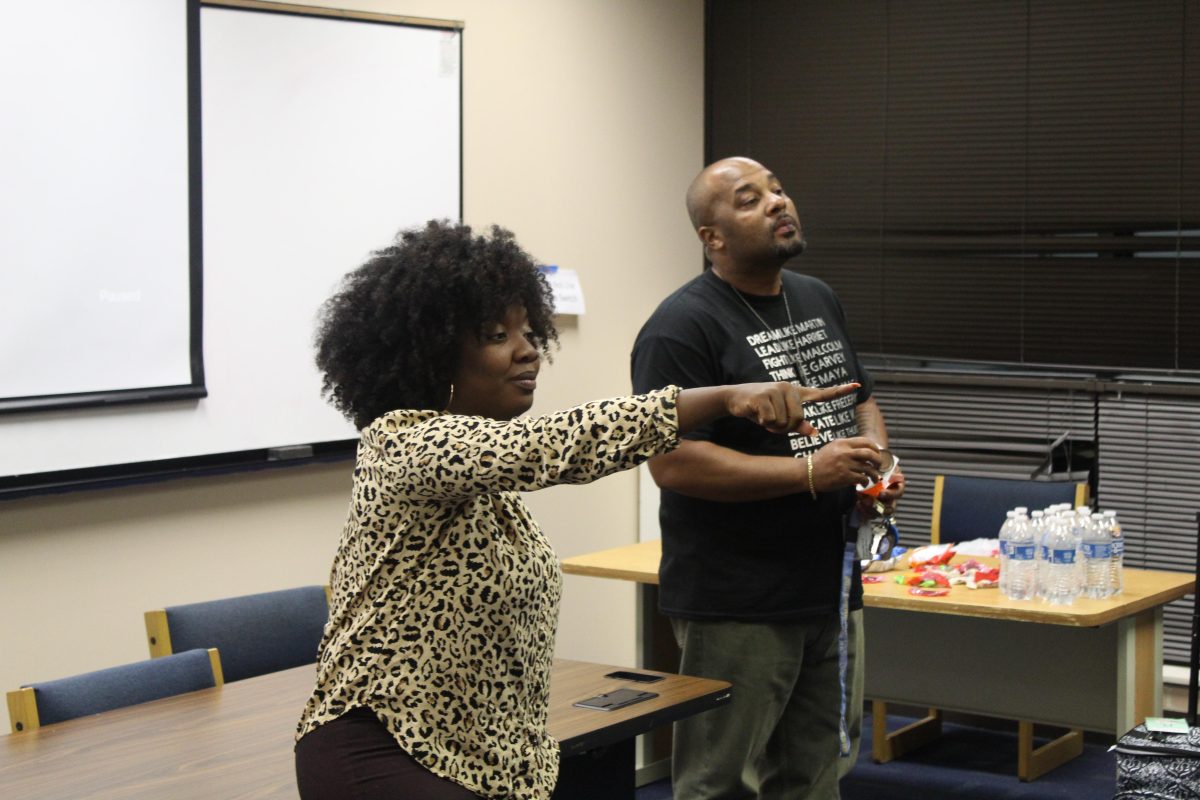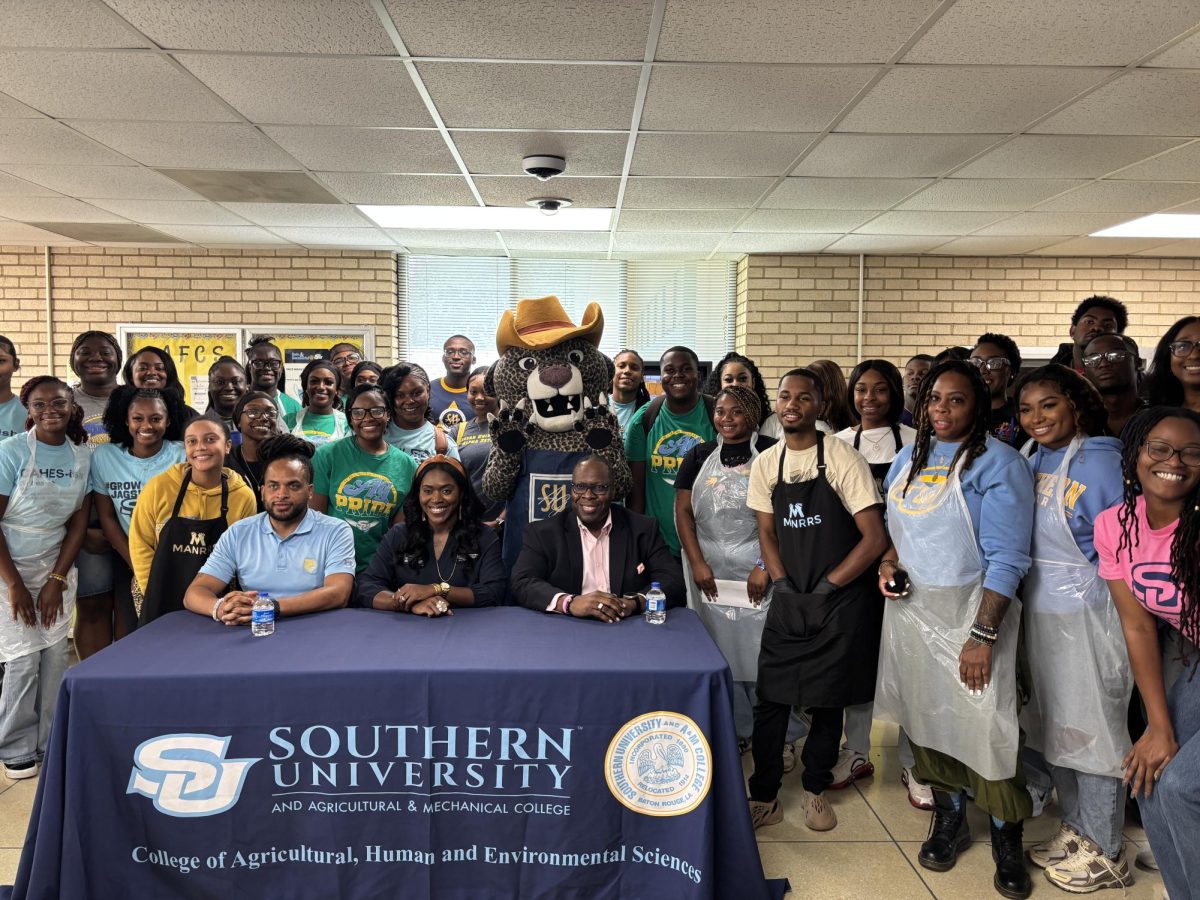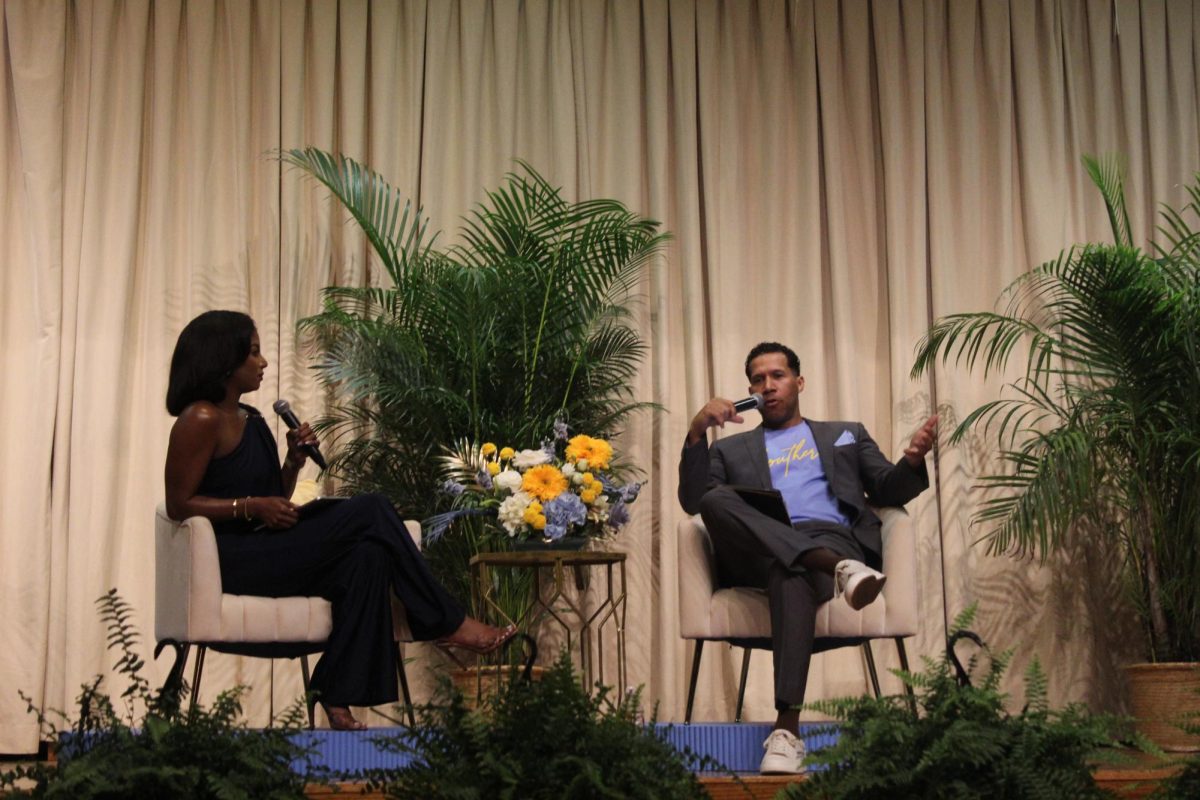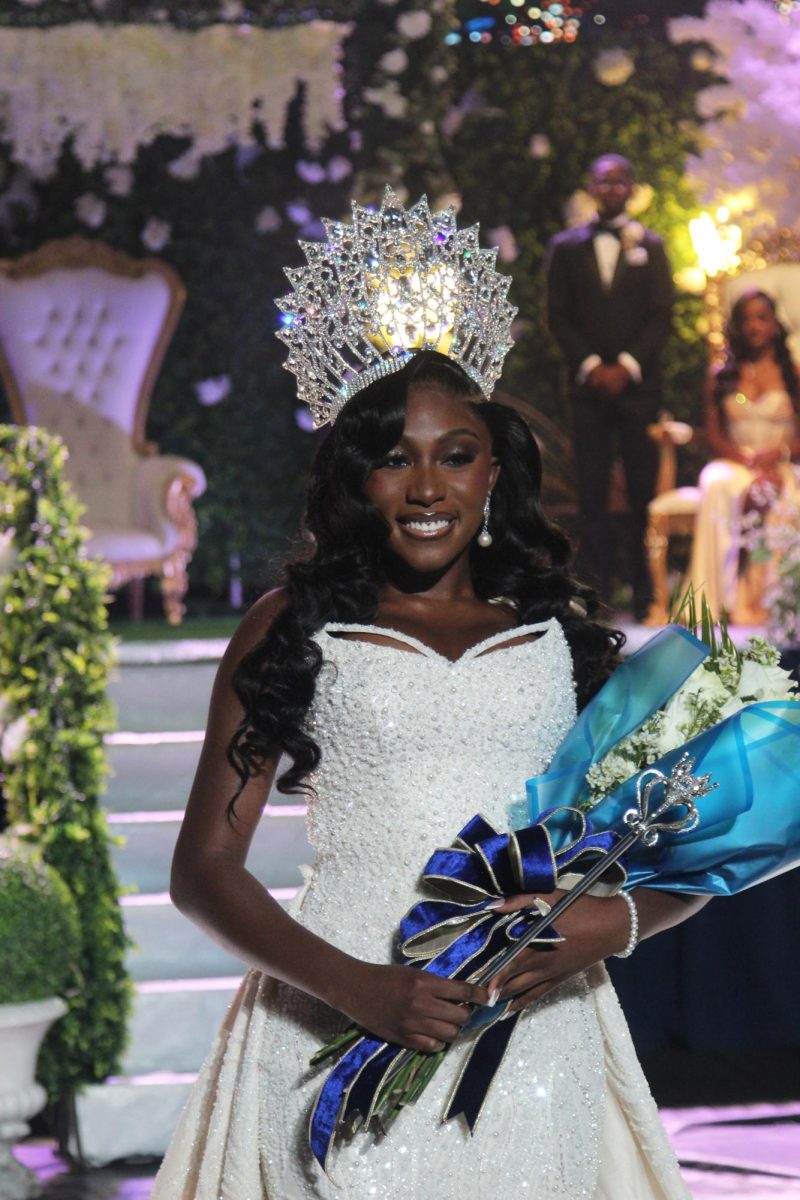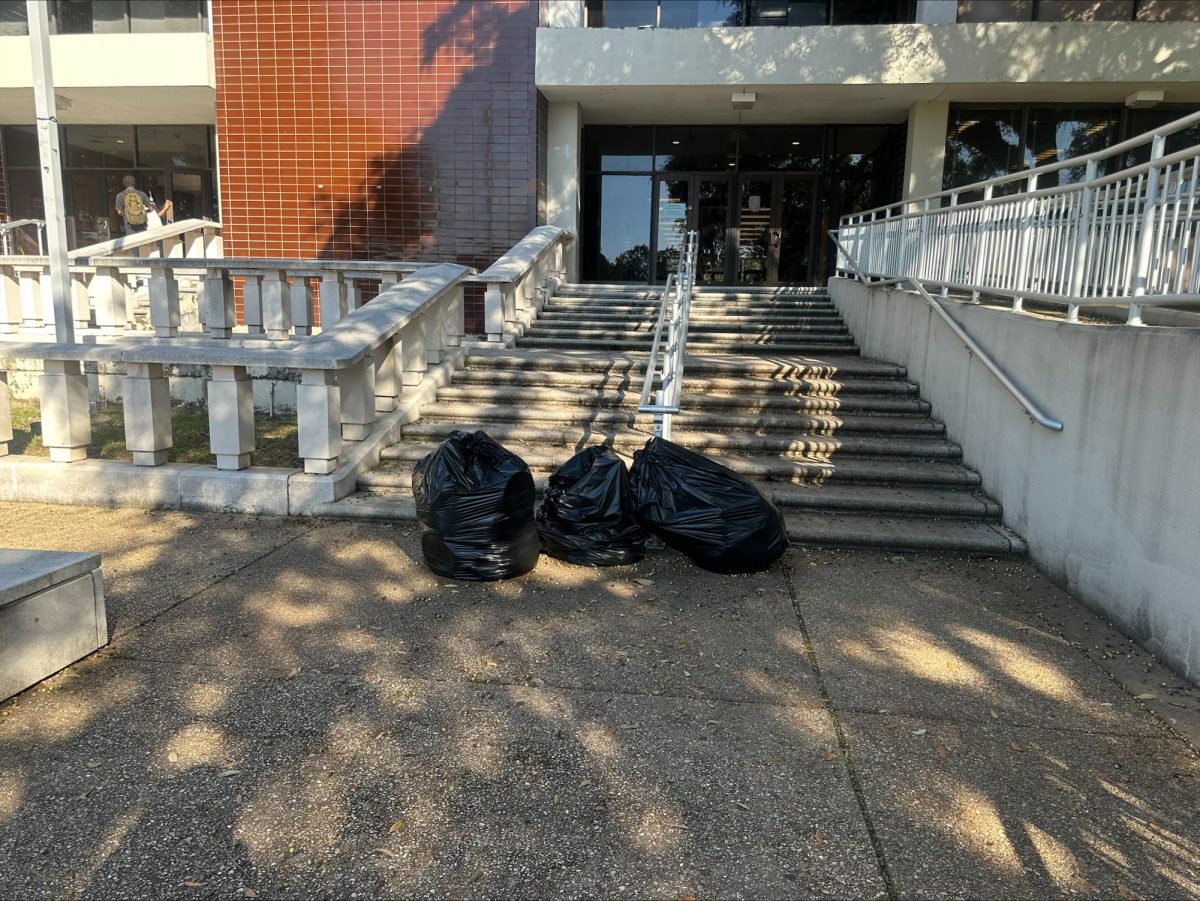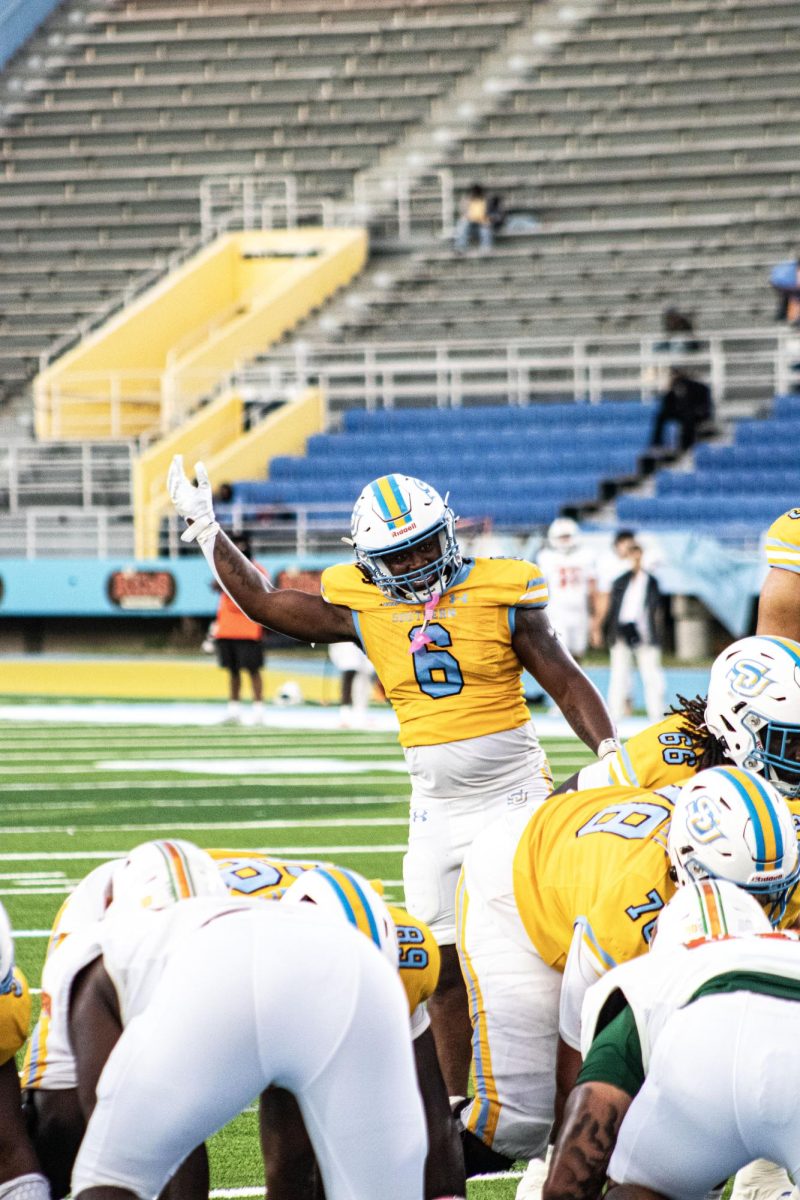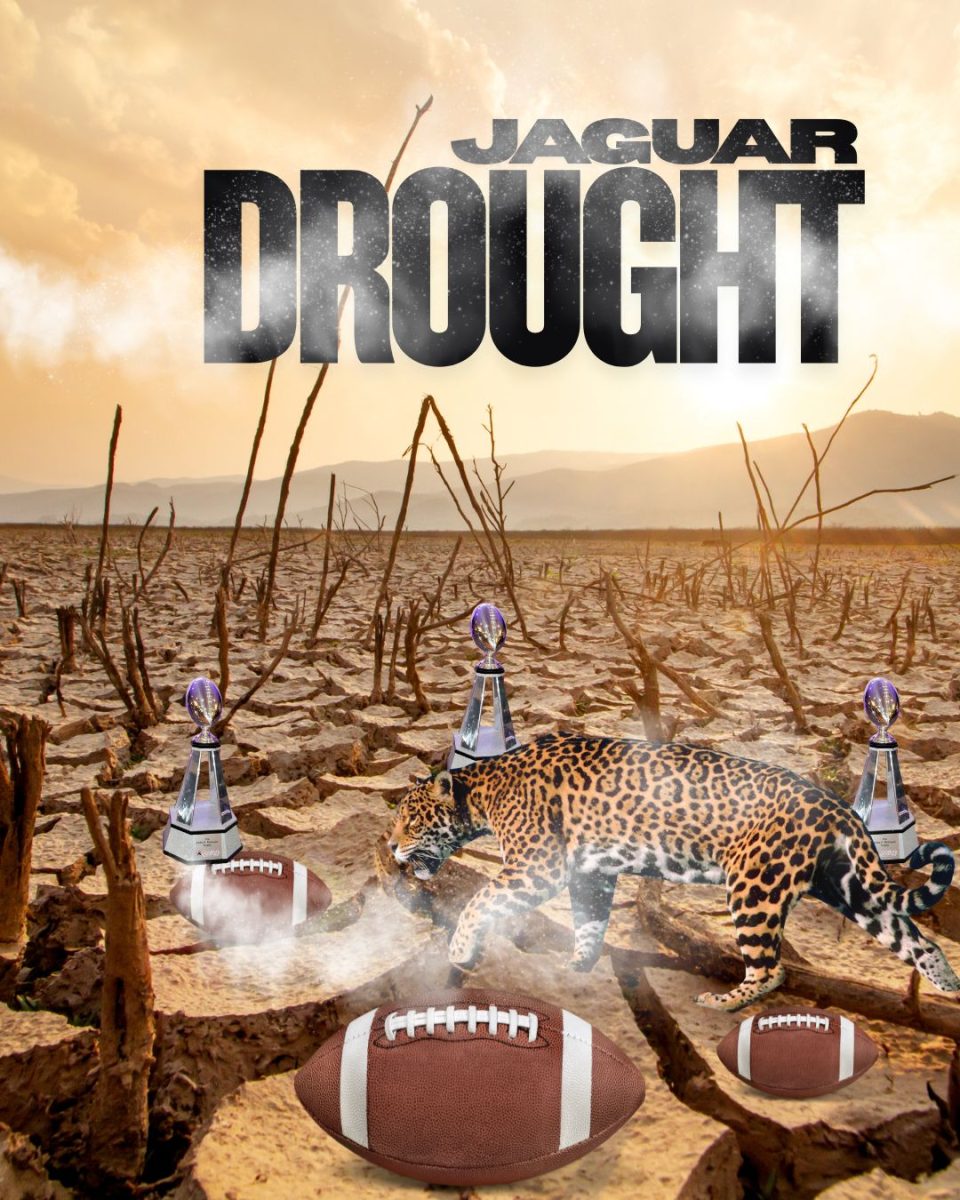In 1989, 28 year old Trisha Meili was the victim of one of the most publicized cases of rape in the U.S. The case was not simply publicized because of the nature of the crime – leaving Meili partially paralyzed and suffering from brain damage – but because of those who blame was falsely placed on. Korey Wise, Antron McCray, Raymond Santana, Yusef Salaam and Kevin Richardson were the teenagers whose lives were devastated in a case of corruption that touched every corner of New York – and the U.S. as a whole.
30 years later, these men have received a new platform, allowing them to be given their story to be told through a film curated by Ava DuVernay. Here at Southern University, the Black History Club and NAACP collaborated in order to host a conversation on injustice in the judicial system, as well as how it affects the Black community as a whole. Students and various others were invited to a screening in the John B. Cade Library, spending the evening watching the first two parts of the series and discussing its significance.
Nursing major Raven Keith from Hammond, LA expressed how the screening made her feel, “Honestly, I was upset but anxious to see the next two parts. It also made me think of just how corrupt our system was when we started to have a discussion about it. Even during it, because I just don’t understand how they were sentenced when there was so much evidence proving they didn’t do it. I think people should want to learn their rights, so that if they are ever put into the position those boys were in they’ll know what they can allow to happen legally.”
Keith’s views have been echoed by various others, especially the men who had their stories told. Korey Wise – who experienced the longest sentencing in the case, 13 years – expressed the importance the project held for him, “This is life after death. I always say that. From now on I know what Biggie was talking about. There’s life after death.”
Categories:
When They See Us: A deep conversation
September 30, 2019
President of the Black History Club Nala Anderson and advisor Eugene Rico Williams listen in as attendees voice their own thoughts and solutions during a screening of When They See Us hosted by the Black History Club and Southern chapter of the NAACP in the John B. Cade Library on September 24 (KEENON GLOVER/DIGEST)
0
More to Discover
